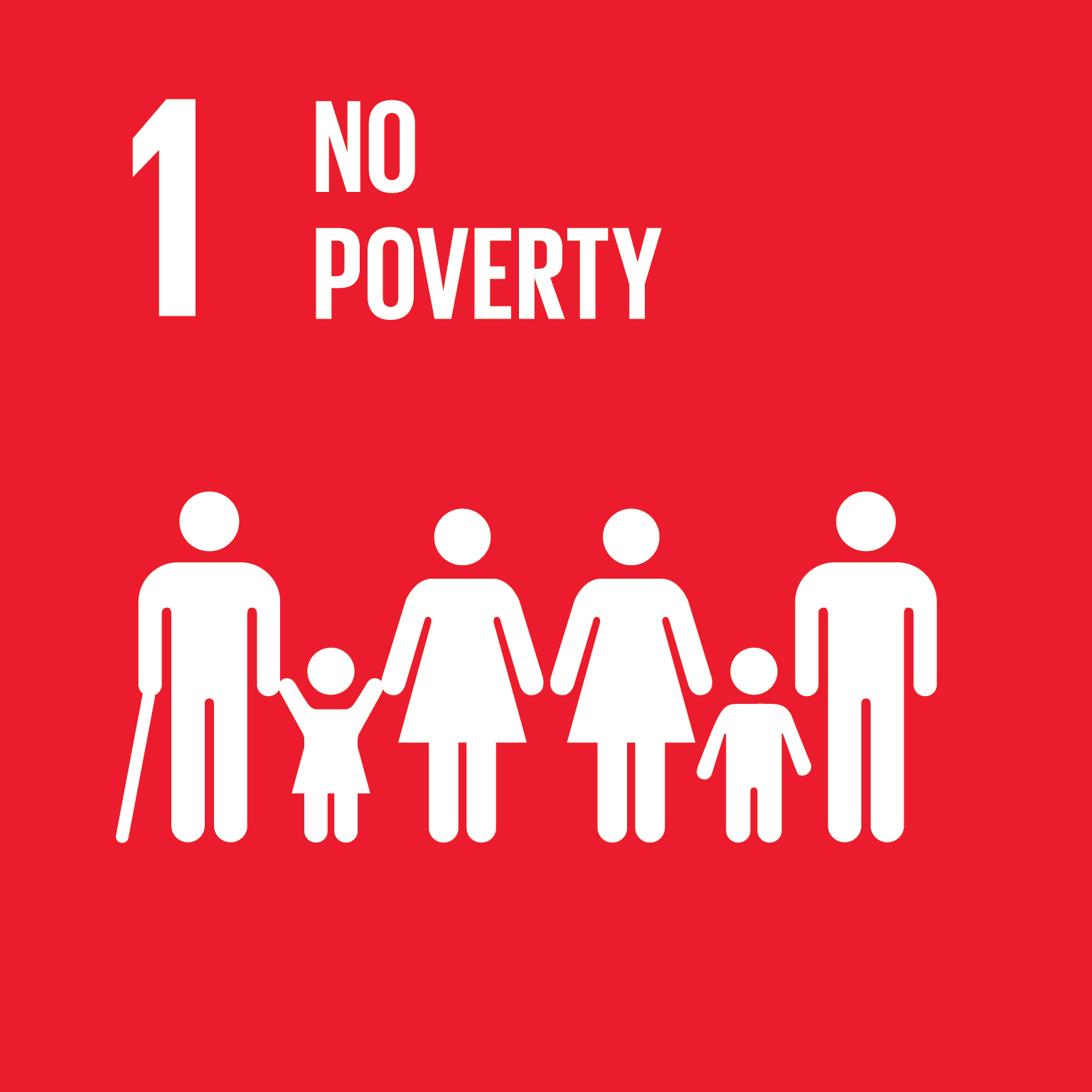Investment Clubs for Local Development
Mobilizing domestic savings and diaspora community funds for productive investments in Senegal
Challenges
Despite Senegal’s relatively high GDP growth rates in recent years (4.4-7.4 percent between 2014-2019), nearly half of the country’s 16.3 million inhabitants live in poverty, according to the multidimensional poverty ratio, with a concentration in rural areas. Although many poverty-reduction initiatives have been implemented over the years, economic growth is not leading to sufficient reduction of poverty. The decentralization process has not yet been able to trigger the desired local development in rural areas and a lack of resources in and for secondary cities undermines development prospects. Moreover, due to poverty, migration to other countries is significant. Remittances thus play an important role in supporting families, but they also tend to widen economic disparities in local communities and motivate more migration as a result of social comparisons. At the same time, a large part of private savings is being invested in non-productive sectors (real estate, in particular).
Towards a Solution
Through a partnership between the United Nations Development Programme (UNDP) Senegal and the United Nations Capital Development Fund (UNCDF), an initiative called the Investment Clubs for Local Development formed Investment Clubs for both Senegalese living in the country and those in diaspora communities (in West Africa, Libya, Mauritania, Europe and the United States) to help them make productive investments. By building financial and legal structures, offering financial education to the rising middle class and migrants and providing technical assistance, the initiative has helped channel diaspora remittances to more productive and economically viable investments with high social impact in secondary cities and rural areas.
Funds deposited in the Investment Clubs were supported by matching grants to boost participant willingness to invest, while encouraging investments that generate social change alongside financial returns. The resulting funds made seed capital available to catalytic and bankable projects with strong developmental impact. These projects are prepared and de-risked by UNCDF through the technical assistance of its mechanisms, in particular the Local Finance Initiative. The Investment Clubs initiative demonstrated to the Senegalese middle class and diaspora groups how their savings can contribute to local economic development.
Compared to other similar private initiatives in Senegal, the advantage of the Investment Clubs is their link to the UNCDF capacity to source projects geared towards the achievement of the SDGs and to carry out feasibility studies for projects until they reach financial sustainability. Projects benefit from UNCDF’s dual system of assessing and monitoring impacts and providing technical assistance and capacity building so that projects reach creditworthiness stage.
The initiative conducted market research to identify expectations of the Investment Clubs, formulate their concept and define an investment strategy. In total, 20 Investment Clubs were created, US $4 million in funds were mobilized and 6,000 people received education on financial investments for social development.
The initiative paves the way for similar activities in other West African countries that have common factors, such as the challenge of developing savings habits, the need to promote investments that have a local impact, the opportunities offered by a rising middle class, the contribution of diaspora communities to a large portion of GDP and a common regional economic community (the Economic Community of West African States – ECOWAS). In the context of intense migration flows within the region, strengthened South-South cooperation within ECOWAS could enable the scaling up of the initiative to boost engagement of diasporas and the rising middle class to save and invest in projects with high local development impacts.
Contact Information
Ms. Christel Alvergne, Regional Coordinator, Western and Central Africa, United Nations Capital Development Fund (UNCDF)
Countries involved
Senegal
Supported By
United Nations Development Programme (UNDP) India
Implementing Entities
United Nations Capital Development Fund (UNCDF); UNDP Senegal
Project Status
Completed
Project Period
2018 - 2020
Primary SDG
17 - Partnerships for the Goals
Secondary SDGs
01 - No Poverty, 08 - Decent Work and Economic Growth, 09 - Industry, Innovation and Infrastructure, 10 - Reduced Inequalities, 11 - Sustainable Cities and Communities
Similar Solutions










